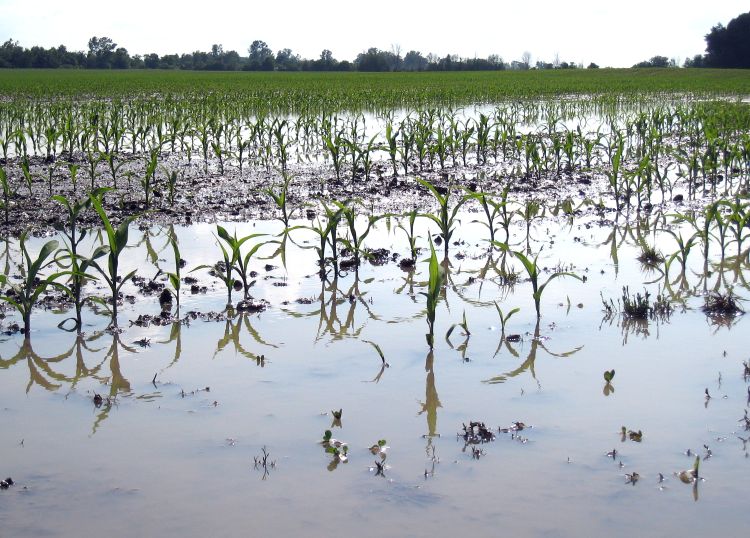The United Nations Food and Agricultural Organisation (FAO) has estimated the recent floods across states in Nigeria has destroyed food crops that could feed up to 8.5 million people across the country.
According to reports from Bloomberg, the FAO stated that farmers across the country were expecting bumper harvests in rice, groundnuts, and vegetables but all has been destroyed by the floods.
The FAO estimated that approximately 856,000 tons of crops have been lost, based on an average yield of 1.5 tons per hectare of waterlogged land. Additionally, the floods have damaged market enclosures, causing animals to escape, and have destroyed storage units containing fodder and machinery.
The organization also warned that eleven states along the Benue River face imminent flooding risks due to the release of water from the swollen Lagdo Dam in Cameroon.
Last week, the federal government’s agency in charge of managing water supply in the country alerted Nigerians especially those living along the tributaries of the River Niger and Benue. States like Benue, Kogi, Edo, Anambra, Delta, Bayelsa, Rivers are expected to experience some floodings in the month.
The destruction of farmlands is expected to exacerbate food insecurity and inflation in the country which began slowing down in July, 2024. Earlier in the year, the world bank had estimated that seven states in the country would experience severe food insecurity even as the Food and Agricultural Organisation (FAO) noted that up to 32 million people (16% of the total population) would go hungry in the country.
Food inflation in Nigeria crossed 40% in June this year but began slowing in June but stands at 37.52% according to the latest figure by the NBS.
At the last Monetary Policy Committee (MPC) meeting of the CBN, Governor Yemi Cardoso alluded to the recent flooding as a threat to the already tapering inflation in the country.
Federal government’s response to recent floodings
In response to the recent floodings across the country, especially in places like Maiduguri, the federal government announced a provision of N3 billion to affected states to combat the emergency.
Also, President Tinubu during his visit to Borno state disclosed plans to establish a disaster relief fund in partnership with state governments and the private sector. The President noted that state governments could set aside a fraction of the monthly FAAC allocation to the fund.
During the last Federal Executive Council (FEC) meeting, the council approved the establishment of the disaster relief fund to cater for the unpredictability in the climate which has left many places not only in Nigeria but across globe vulnerable.
